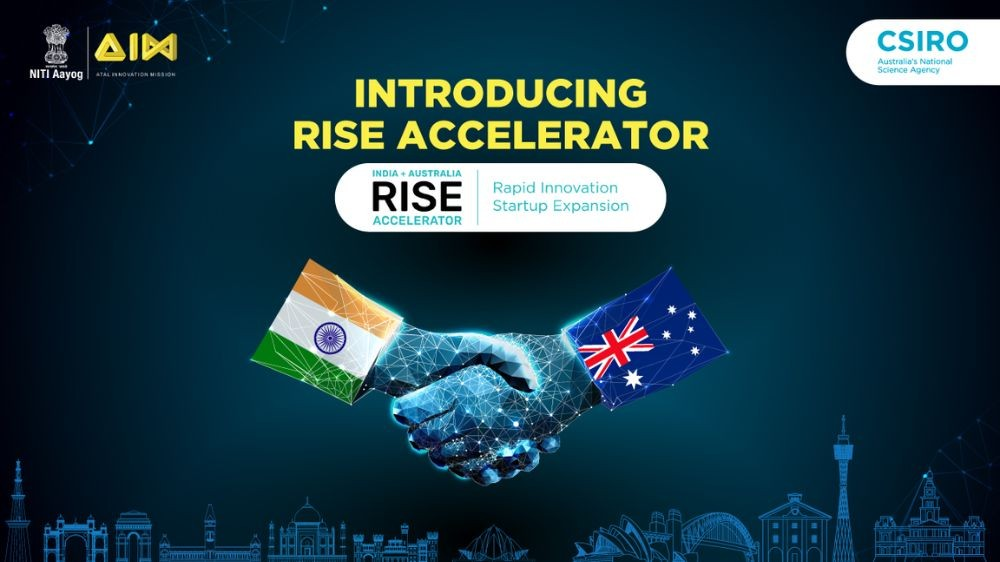





Copyright infringement not intended
Picture Courtesy: www.opportunityindia.com
Context: A new accelerator program, Rapid Innovation and Startup Expansion (RISE), has been launched by AIM, NITI Aayog to help circular economy startups from India and Australia.
About RISE
Key points from the announcement:
|
What is the circular economy? ●A circular economy is an economic system that aims to eliminate waste and keep resources in use for as long as possible. It is based on three principles: ○Design out waste and pollution: Products are designed in such a way that they can be easily repaired, reused, remanufactured, or recycled. ○Keep products and materials in use: Products are used for their maximum lifespan and then recovered and regenerated into new products or materials. ○Regenerate natural systems: Products are made from renewable or biodegradable materials that can be safely returned to nature. ●A circular economy can benefit both the environment and the economy by reducing greenhouse gas emissions, saving natural resources, creating new jobs, and enhancing innovation. |
Conclusion
Must Read Articles:
Moving Away From Take Make Dispose of Model: https://www.iasgyan.in/daily-current-affairs/moving-away-from-take-make-dispose-model#:~:text=A%20circular%20economy%20is%20an,use%2C%20and%20regenerate%20natural%20systems.
Circular Economy Coalition: https://www.iasgyan.in/daily-current-affairs/circular-economy-coalition
Atal Innovation Mission: https://www.iasgyan.in/daily-current-affairs/atal-innovation-mission
|
PRACTICE QUESTION Q. Consider the following case study: ABC Electronics is a multinational tech company specializing in smartphones. They are exploring ways to adopt a circular economy approach to manage electronic waste generated by their products. After analyzing their current practices, they've devised a strategy to implement a more sustainable approach. What could be a practical step for ABC Electronics to embrace a circular economy model effectively? A) Implement a take-back program B) Increase production C) Encourage single-use disposal D) Limit repair options Answer: A Explanation: ●Implementing a take-back program aligns with circular economy principles by facilitating the reuse and recycling of electronic devices. It promotes responsible disposal, reduces electronic waste, and encourages the refurbishment of old devices, extending their lifecycle. This approach also incentivizes customers to participate in sustainable practices while fostering brand loyalty through discounts on new purchases. ●Options B, C, and D do not align with circular economy principles, as they contribute to increased waste generation, promote single-use disposal, or discourage repair and refurbishment, which are vital aspects of a circular economy model. |










© 2025 iasgyan. All right reserved